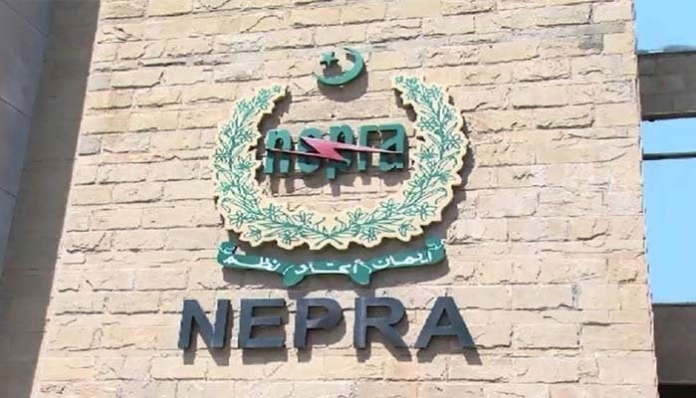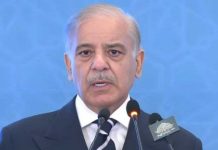ISLAMABAD, JUN 25 (DNA): Offering significant relief to electricity consumers and businesses, the National Electric Power Regulatory Authority (Nepra) has reduced the base power tariff by Rs1.49 per unit for the fiscal year 2025-26, bringing it down to Rs34.01/unit — a 4.2% cut from the current rate of Rs35.50/unit.
The downward revision follows lower capacity payments secured through fresh government agreements with Independent Power Producers (IPPs), falling energy prices, and a projected 2.8% rise in demand.
Nepra has forwarded its rebasing decision to the federal government for final approval and implementation of a uniform tariff.
For FY26, the regulator has authorised a total revenue requirement of Rs3.52 trillion for ex-Wapda distribution companies (XWDiscos), comprising Rs3.07 trillion in power purchase price (PPP) and Rs454 billion in distribution margins and system losses.
Notably, the government had hiked the base tariff by Rs5.72 per unit (19.2%) to Rs35.50/unit in FY25 — making the current reduction a potential breather for businesses and households. Nepra credits the easing prices with improved macroeconomic indicators and a noticeable shift of captive industrial users back to the national grid.
However, challenges remain. Imported coal plants are projected to run at just 24% capacity in FY26 yet yield a steep cost of Rs61.43/unit due to high dollar-based returns on equity (27.45%). Meanwhile, surplus re-gasified LNG (RLNG) — arising from the industrial shift—has reached 450 MMCFD, causing a diversion cost of Rs300 billion as it’s redirected to residential use.
Out of the total PPP, Rs1.94 trillion — over 63% — is allocated for capacity charges, while Rs1.13 trillion accounts for fuel and variable O&M costs. The capacity charges alone translate into Rs6,484 per unit per month, based on an average projected monthly demand of 24,943 MW.
The average PPP per unit for XWDiscos before transmission and distribution (T&D) loss adjustments is estimated at Rs26.34/unit — comprising Rs16.67/unit in capacity charges and Rs9.67/unit in energy costs. Including K-Electric’s share, the national average PPP stands at Rs25.98/unit, with the cost passed on to Discos under the prescribed mechanism.
Data shows this surplus has curbed production from key domestic gas fields, increasing reliance on crude oil imports. Compounding the issue, hydropower generation is expected to dip 18% year-on-year due to reduced water flows, further tilting the generation mix toward costlier thermal sources.
While a 900MW south-to-north transmission line set for completion by August 2025 could ease bottlenecks, structural reforms remain crucial to achieve sustainable sector gains.

















